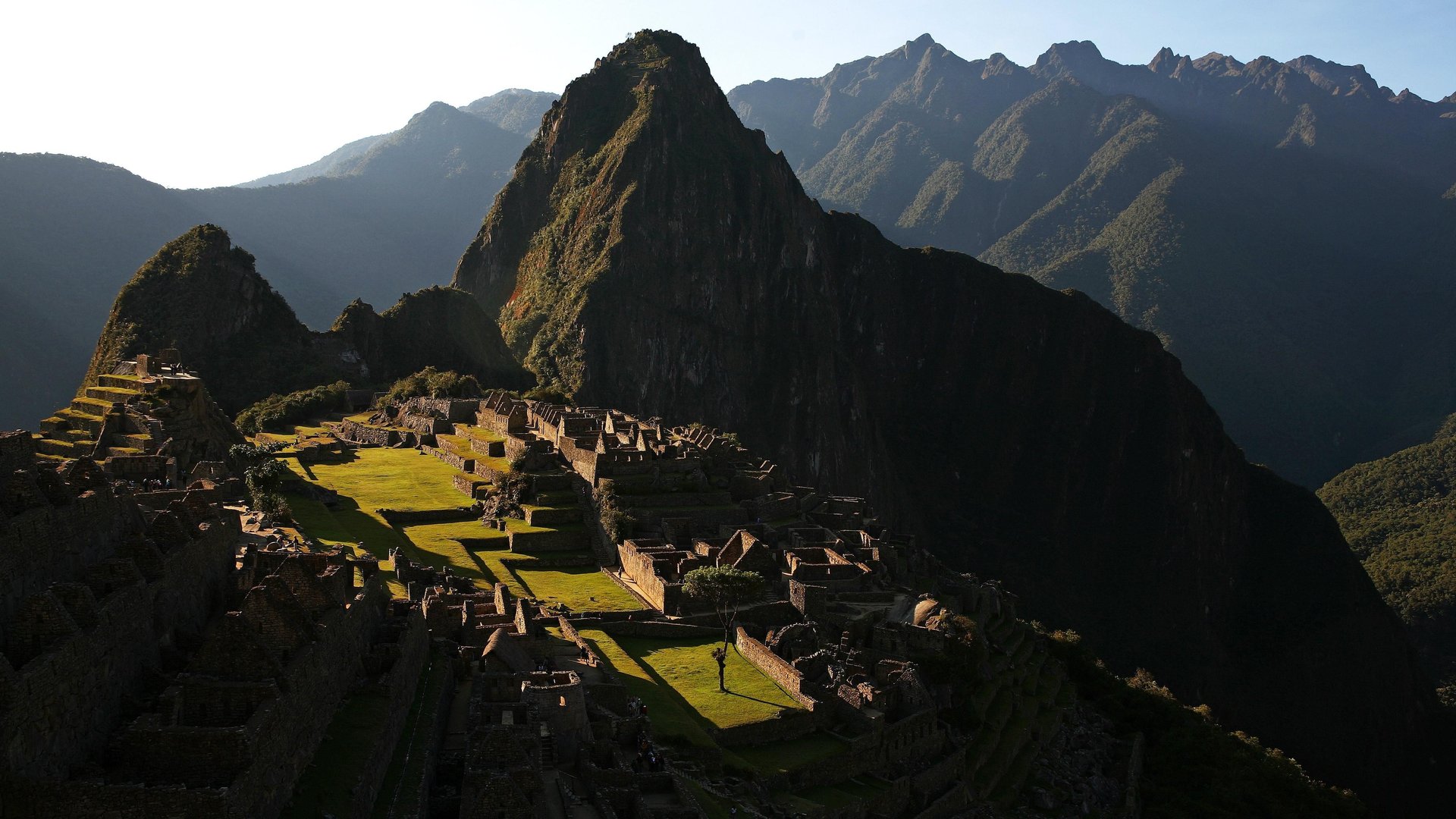One of the new seven wonders of the world is currently inaccessible
Peru has shut Machu Picchu and the Inca trail leading up to it as violent protests engulf the country

Machu Picchu and its Inca trail hike have closed down as Peruvian authorities attempt to clamp down on anti-government protests.
The decision to close down the attraction came as around 418 people—148 tourists and 270 nationals—had to be rescued from the citadel because damage to parts of railways caused by recent protests left them stranded.
This wasn’t the first time visitors have been stranded at the UNESCO World Heritage Site due to unrest. Last month, thousands had to be airlifted after being stuck there for several days.
Peru has been rocked by protests since former president Pedro Castillo, the first indigenous leader of the Andean nation, was impeached and imprisoned in December on charges of rebellion and conspiracy after a failed attempt to dissolve Congress. The grassroots movement, which doesn’t have a clear leadership, has been calling for his successor Dina Boluarte to resign.
Protesters want fresh elections to decide Castillo’s successor, but Boluarte says she will not step down. She’s instead agreed to hold elections in 2024, ahead of the scheduled 2026 round.
Machu Picchu in a troubled Peru, by the digits
53: People who’ve died in the protests so far, majorly due to clashes with security forces
More than 100: Protesters detained after police raided Peru’s most important public university in Lima to evict protesters, according to Interior Minister Vicente Romero
$185 million: The revenue loss for Peru in 2010 when Machu Picchu closed for two months following extensive flooding around Aguas Calientes, which caused approximately 4,000 people to become stranded due to damage to the railway between Aguas Calientes and Ollantaytambo
2,000: People who visit Machu Picchu daily
111,000-plus: Signatories on a petition which argues that a new airport being built in Chinchero, Cusco, is “a serious threat to the conservation of one of the most important heritage sites in the world.” It’s slated to open in October 2024
Quotable: Machu Picchu is key to Peru’s tourism sector
“The prestige of Machu Picchu and its importance to the Peruvian tourism industry has allowed Andean people to say to Lima ‘you should be celebrating us and our culture.’ And I think the Peruvian state is now happy to celebrate Andean folklore and Incan history—although it still tends to sidestep the contemporary. They’re less interested in talking about land rights, for example.” —Mark Rice, a historian and author of Making Machu Picchu, which addresses 20th-century tourism in Peru
One more thing: What happens to Machu Picchu tickets that have already been bought?
Tourists who had already bought tickets for Machu Picchu from Jan 21 until one month after whenever the protests end are eligible to use the ticket within the month after reopening, or they’re entitled to a full refund, as per the Culture Ministry.
Related stories
⛏️ Why Peru’s disgraced ex-president remains popular with indigenous miners
